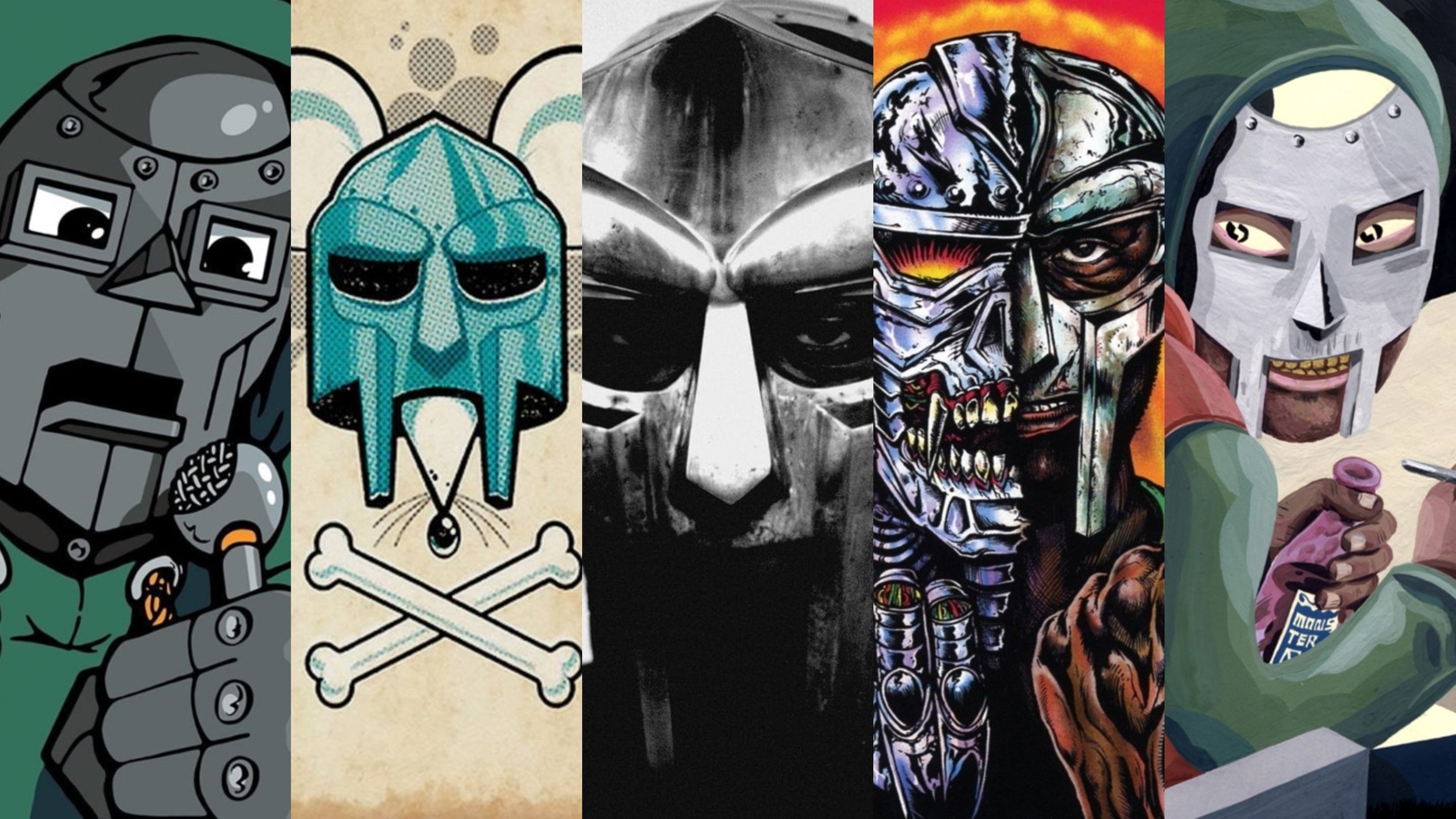Editor’s Note: From Albumism’s inception back in 2016, we’ve remained unabashedly and unequivocally passionate about our mission of celebrating the world's love affairs with albums past, present and future.
But while our devotion to the album as an art form has remained steadfast, as evidenced by our deepening repository of individual album tributes and reviews, we’ve admittedly seldom taken the opportunity to explicitly articulate our reverence for the virtues of artists’ complete album repertoires as a whole.
Hence why we’ve decided to showcase what we believe to be the most dynamic discographies of all time in this recurring series. In doing so, we hope to better understand the broader creative context within which our most beloved individual albums exist, while acknowledging the full breadth of their creators’ artistry, career arcs, and overall contributions to the ever-evolving musical landscape.
We hope you enjoy this series and be sure to check here periodically for the latest installments.
MF DOOM
Studio & Collaborative Albums: Operation: Doomsday (1999) | Take Me to Your Leader (2003) (as King Geedorah) | Vaudeville Villain (2003) (as Viktor Vaughn) | VV:2 (2004) (as Viktor Vaughn) | Mm.. Food (2004) | Madvillainy (2004) (with Madlib as Madvillain) | Special Herbs + Spices Volume 1 (2004) (with MF Grimm) | The Mouse and the Mask (2005) (with Danger Mouse as DANGERDOOM) | Born Like This (2009) (as DOOM) | Key to the Kuffs (2012) (with Jneiro Jarel as JJ DOOM) | NehruvianDoom (2014) (with Bishop Nehru as NehruvianDoom) | Czarface Meets Metal Face (2018) (with Czarface) | Super What? (2021) (with Czarface) | Readers’ Poll Results
The dearly departed Daniel “MF DOOM” Dumile was the gold standard for reinvention in hip-hop music. Once a young wide-eyed kid from Long Island rapping under the name Zev Love X and a member of the group KMD, he rhymed like a hybrid of De La Soul and Brand Nubian. Then, a few years later, burned by a shady record industry and the tragic loss of his brother, Dingilizwe “Subroc” Dumile, he retreated to the shadows.
During the late ’90s, Zev Love X reemerged, reborn as MF DOOM, sporting a mask to cover the “scars” from his previous experience. DOOM was almost completely unrecognizable relative to his previous incarnation, rhyming in a drunken slur over the dustiest of tracks.
It wasn’t just DOOM’s delivery and the grittiness of the sound that made his debut album Operation: Doomsday (1999) so appealing. The lyrical content, approach, and musical backdrop were unique. He moved away from the traditional 16-bar verse/chorus song structure. The beats, produced by DOOM himself, were a heady mix of Quiet Storm-era R&B, mixed with pounding hip-hop drums. He threw in bits of jazz, Stax Soul, and ’60s rock into the mix. He occasionally “spoke” through splicing bits of dialogue from Fantastic Four records/cartoons, Wild Style, Blaxploitation flicks, and the Toho-era Godzilla movies.
Then, after establishing himself as a battle-scarred, megalomaniacal super-villain, DOOM flipped the script again, effortlessly morphing into different personas and back. The period from 2003 to 2005 became his most creatively fertile stretch, kickstarted by the release of Take Me To Your Leader (2003), a production-centric album as King Geedorah. Months later, he transformed into young knucklehead Viktor Vaughn to record Vaudeville Villain (2003), switching up his delivery and approach as he rapped over electronica-influenced tracks. He followed that up with the most-beloved project of his career, Madvillainy (2004), a team-up with eccentric beat architect Madlib, before dropping Mm.. Food, DOOM’s proper sophomore album, by the end of the year.
DOOM’s output slowed down considerably in the 2010s. Much of it may have to do with the fact he became “stranded” on the other side of the Atlantic Ocean due to passport issues. Much of the time he worked with other artists, recording Key to the Kuffs (2012) with producer Jnerio Jarel and teaming up with the group Czarface to release Czarface Meets Metal Face (2018). In between, he produced NehruvianDoom (2014) for young up-and-comer Bishop Nehru. Though not as strong as his previous entries, they’re all enjoyable in their own right.
On the final day of 2020, DOOM’s family and record label announced his death, which had occurred two months before on October 31st. Since then, I often wonder what gave DOOM such a widespread cult-following, as his music appeals to hip-hop purists and continues to influence a whole new generation of “Soundcloud rappers.” Some of the appeal may have come with DOOM shrouding his post-KMD career in so much secrecy; though he was a good interview, he rarely interacted with the media. But even if he hid his face, his creativity was impossible to mask, as was his ability to continually remake himself in his own image.
Jesse’s 3 Favorite MF DOOM Albums of All Time:
1. Madvillainy (2004)
2. Operation: Doomsday (1999)
3. Take Me to Your Leader (2003)
VISIT MF DOOM’s Official Store
LISTEN & WATCH:

